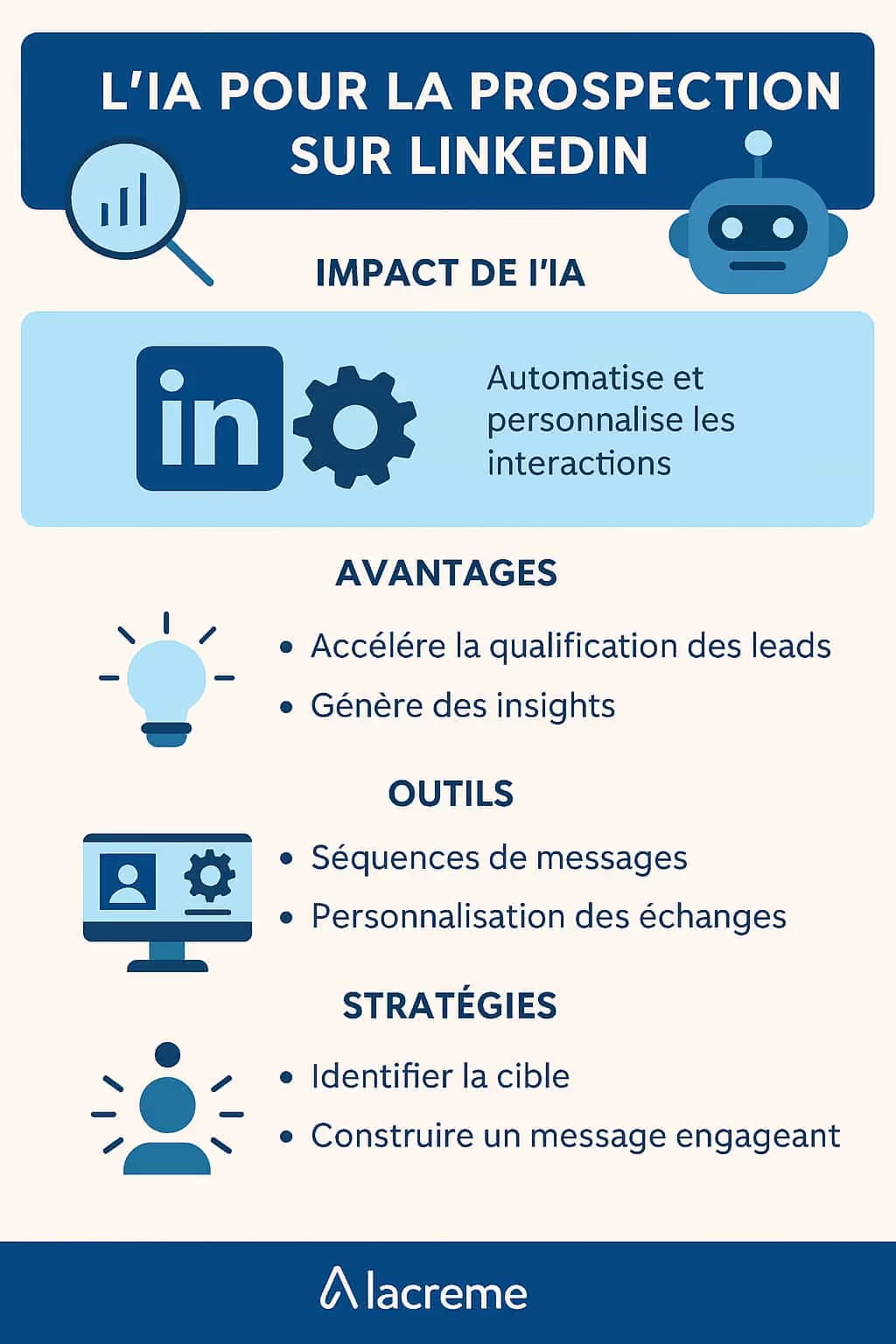Technological progress is changing the world as a whole, and the cosmetics industry is no exception in the face of innovation. The integration ofartificial intelligence (AI) has in fact revolutionized the approach of beauty products And of the fashion and accessories, offering previously unexplored possibilities. In this article, we will explore the wonders of this synergy between AI and the beauty sector.
The Rise of AI in the Cosmetics Industry
The Connected Beauty Concept
Cosmetic companies are evolving towards what is called connected beauty. It is an innovative use of AI to offer services and products that adapt in real time to the individual needs of consumers. Thanks to advanced data analyses, for example, AI can offer personalized skin care products or recommend optimized beauty routines.
AI and the Beauty Product Creative Process
The creation of a new beauty product involves a multitude of choices ranging from formulation to market tests. THEartificial intelligence allows millions of data to be analyzed at an unprecedented speed to guide creators. More than just machines, AI systems are becoming true creative partners, capable of predicting consumer desires and identifying trendy or under-exploited ingredients.
Innovative User Experiences Thanks to AI
Virtual Testing and Diagnostics: A New Reality
Advances in AI are giving birth to applications and digital tools that allow virtual trials of beauty products. Users can thus visualize the effect of makeup or hair color in real time before buying it. Likewise, advanced skin diagnoses can be carried out using AI to offer targeted recommendations. AI is also transforming hair salons by offering tools to customize styles and optimize services.
Personalization of Care: AI at the Service of Tailor-made
Tailor-made solutions are gaining ground in the field of personal care. AI is able to offer exclusive care formulas by analyzing the specific data of each user. This ranges from devices that can print facial masks that are adjusted to the unique contours of each individual, to algorithms that formulate personalized fragrances.
AI and Personalization: The Impact on Marketing Strategies
Facial Recognition and Product Recommendations
AI solutions with facial recognition are a marketing tool powerful, allowing not only to offer products adapted to the skin tone and facial features of the user, but also to increase customer engagement through a more interactive and personalized experience.
Data and Customer Experience: Which Analysis for Which Action?
AI-based data collection and analysis provides a refined understanding of customer behavior. This allows brands to personalize interactions, predict buying trends, and design ultra-targeted marketing campaigns, thus maximizing the effectiveness of content marketing and allowingautomate some repetitive tasks.
Discerning Trends via Artificial Intelligence
Product Development Based on Public Opinion
AI is equipped to scrutinize and interpret opinions and discussions on social networks or other platforms, giving businesses a clear idea of what the public really wants. This allows development strategies to be adjusted quickly to meet growing consumer expectations.
Projection of New Beauty Trends through AI
Predictive analytics deployed by AI can identify patterns and emerging trends based on a large amount of data. Thus, AI helps brands to anticipate future market developments, allowing them to remain competitive and innovative.
The Challenges and Opportunities of Integrating AI in Cosmetics
Between Technological Innovations and Market Resistances
Despite the undeniable advances, the adoption of AI in the cosmetics industry may encounter resistance. The questions ofethics, data privacy, and the fear of losing human contact are real concerns. Overcoming these challenges requires a transparent and responsible approach on the part of actors in the sector.
Ocean of Opportunities and Regulatory Horizon
Finally, while AI is synonymous with an ocean of possibilities, it is also subject to regulations that influence how it can be used. Personal data protection standards, such as the GDPR in Europe, strictly regulate the use of AI and the management of customer data. In conclusion, theartificial intelligence redefines standards in the world of beauty, stimulatinginnovation product and improving the consumer experience. While AI can represent a powerful growth driver for the cosmetics industry, it must be implemented carefully to respect the expectations and rights of users. Its prospects for the future seem as bright as the stars in the tech night sky. AI in beauty is no longer an emerging trend, but a reality that is actively shaping the future.






